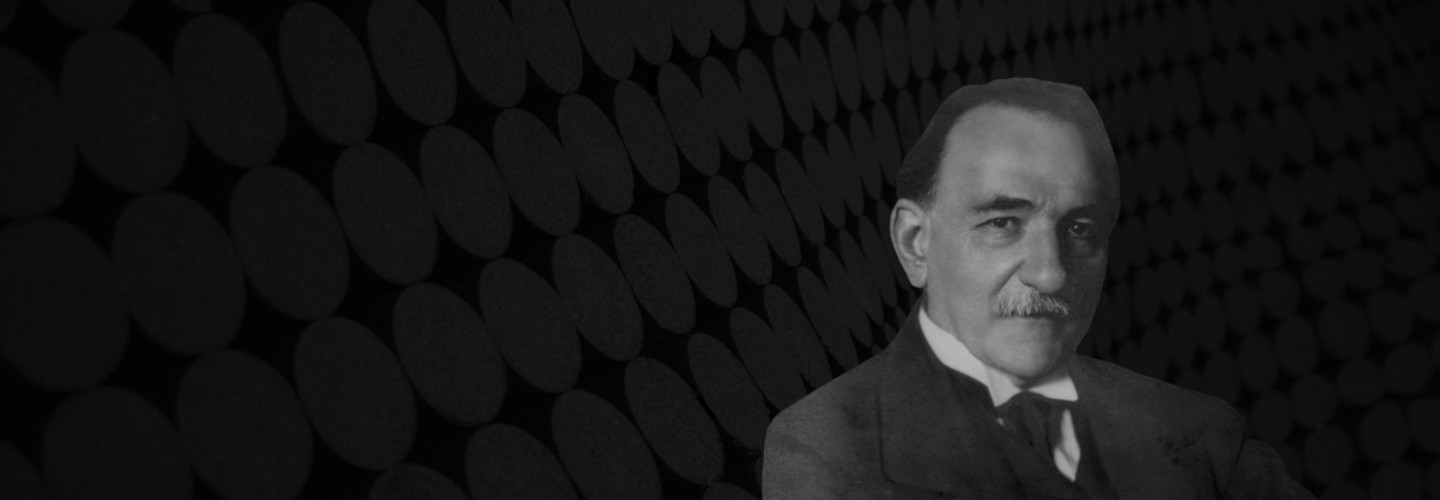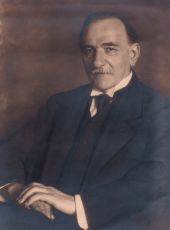
Works by Josef Bohuslav Foerster
Biography
Joseph Bohuslav Foerster was born on 30 December 1859 and died on 29 May 1951 in the Czech Republic.
Foerster was born in Detenice, in an area called the Bohemian Paradise. His was a musical family normally living in Prague, where his father, a composer, taught at the Conservatory. Josef was educated accordingly, and duly studied there. He also showed an early interest in the theatre, and even thought of becoming an actor. From 1884 he worked as a critic, and he would prove to be a writer of distinction. In 1893 he married the leading Czech soprano Berta Lautererová (Bertha Lauterer) in Hamburg, during ten years making his living there as a critic, and she was engaged at the Hamburg Staatsoper. In 1901 he became a teacher at the Hamburg conservatory. In 1903 Berta went to sing at the Vienna Hofoper, and so Josef moved there with her, continuing to make a living as a music critic. He returned to Prague on the foundation of the Czechoslovak Republic in 1918, thereafter teaching at the conservatory and the university.
Foerster produced numerous compositions. His music is not nationalistic in the sense of employing the idioms of Czech folk music. His work, words and music, is considered very subjective and personal, mystical and idealistic.
In 1946 he was declared a National Composer. He died in Nový Vestec.
His compositions include five symphonies, other orchestral works including a symphonic poem based on Cyrano de Bergerac, much chamber music (including five string quartets – in E op. 15, no. 2 op. 39, in C op. 61, in F op. 182 [1943], and the last, written 1950-1, completed by Jan Hanuš; three piano trios, two violin and two cello sonatas, and a several-times-recorded wind quintet), at least five operas (notably Eva), concertos for violoncello (op. 143) and two for violin (op. 88 in C minor [1911], op. 104 in D minor), liturgical music, among other works, over 170 published opus numbers in all.

